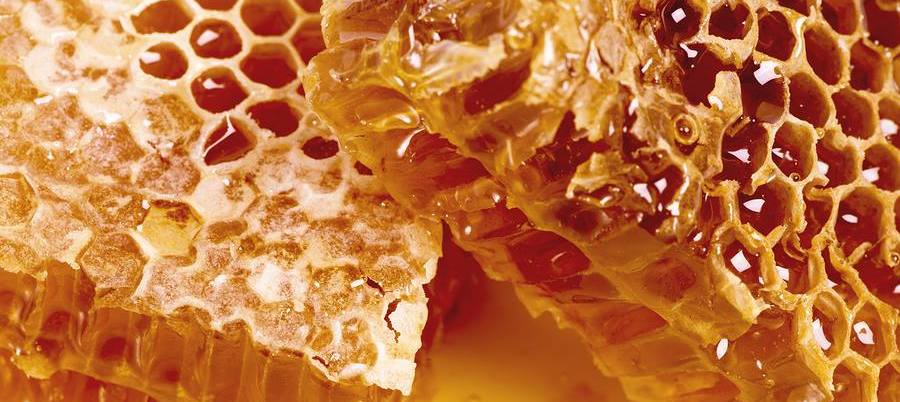BFA Case Study
Posted on 19th February 2020 at 20:40
David McDowell aka The Bee Farmer interviewed by Alex Ellis for a case study for the Bee Farmers Association (BFA) Click HERE to check out the BFA website.
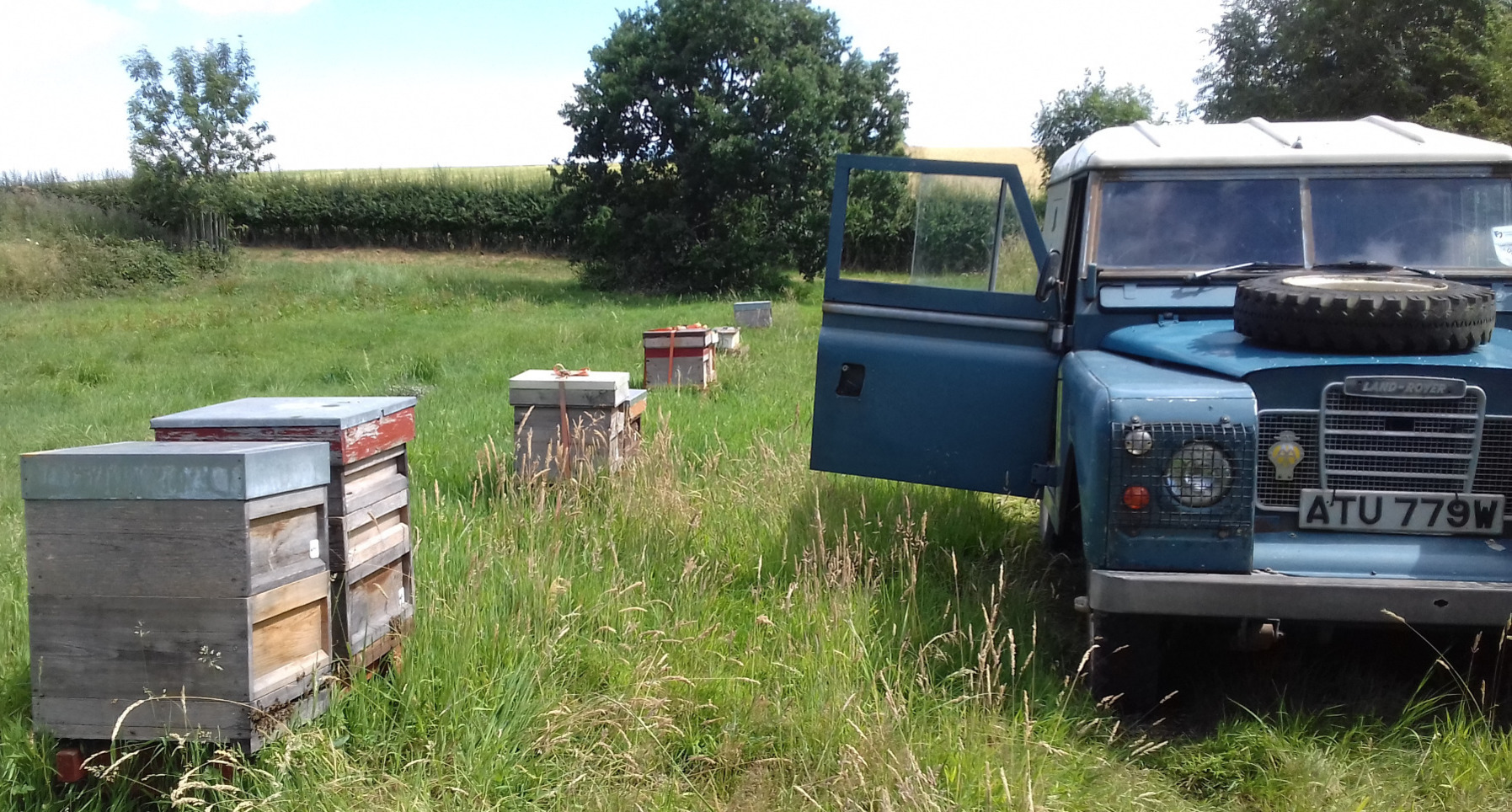
David McDowell’s interest in beekeeping began in the mid-1980s, in the city of Manchester. Like others, a quest for a piece of the ‘good life’ led him to getting an allotment. Keeping poultry or larger livestock was not allowed, but bees were a possibility. He enrolled on a six-month night school course over the winter months, through the Workers’ Educational Association (WEA). At that time, in his mid-20s, David was growing a courier business from beginnings as a self-employed motorcycle courier. For one reason and another, David’s work activities transitioned into running a help desk for a friend’s software company and he stayed there for 16 years in an account manager role, during which time David relocated to Leiestershire and, finally, Derbyshire. Career Change Then, in his early 50s, David found himself facing redundancy when the business was bought out by a multinational company, a time at which several options presented themselves – either to continue in the same line of work as a consultant, with work in London, or to follow a different path. Throughout this time, David had kept a dozen or so colonies of bees.
David joined the Bee Farmers’ Association (BFA) as an associate and was introduced to Brother David, of Mount Saint Bernard Abbey, and to John Heard (the current finance director of the association). Brother David has set up a bee operation at the monastery from scratch and ran around 120 colonies, to complement other farming activities there. The honey was sold through the abbey gift shop and several local shops. About the time of David’s redundancy, Brother David had made a decision to move to the American Midwest and, without a successor to take on the beekeeping at the abbey, David and John purchased and split the colonies between them, along with the extraction and processing equipment. David and John looked at the territory they had gained and divided it in the most sensible manner. With an additional 50 plus colonies to add to an already growing number, this kickstarted David’s activity on a larger scale. While several apiary sites were picked up, David now retains only one. Notably, the hives purchased were rather unusually adapted from 14x12 deep National equipment. The ‘normal’ 14x12 brood chamber had sloping partitions added within the lower half of the box. Above this was placed a standard shallow super. The 14 x 12 brood frames were suspended from the runners in this super, extending halfway into the 14x12 brood chamber below. The bees would then draw comb below the bottom bars of each frame, following the catenary curve of naturally constructed comb
Research Involvement
That was six years ago. David’s view at that time was that he was going to go into large-scale honey production, growing the number of colonies to increase production. However, the following year, David answered an advert placed by an organisation looking for someone to provide bees for an academic study. This led to further studies and work over the best part of four years on successive studies into the effects of neonicotinoids on bees. Over this period, David was looking after circa 250 colonies – 80 of his own plus those related to the studies. This required a lot of travel as these colonies were spread over a large area, away from his home patch, between Reading and Oxford, extending in a corridor across the Chilterns. This provided regular (well paid) income derived from beekeeping. Being contract based, the income was spread monthly, so there were not the cashflow issues associated with bulk honey production – often a problem for a grwoing bee business. With three days per week for contract work and two days per week for his own bees, the pattern worked well. David explained it also gave him exposure to different ways of doing things. The study colonies were not being managed for honey and yields were therefore low. It was not a test of beekeeping skills; as a pan-European study, all equipment was standardised, as were management methods, following a German model. Much of the work was heavily structured around data collection and recording. This contract led on to a further year’s work with the Centre for Ecology & Hydrology (CEH), on a follow-up study. At the end of the studies, David was gifted the remainder of the bees and a lot of equipment (mainly German Zander hives) as they were surplus to requirements. David now runs circa 80–100 colonies, enough to keep him busy three days a week. In addition to honey production, these colonies are used as the source of bees and comb for nuclei (‘nucs’) for sale.
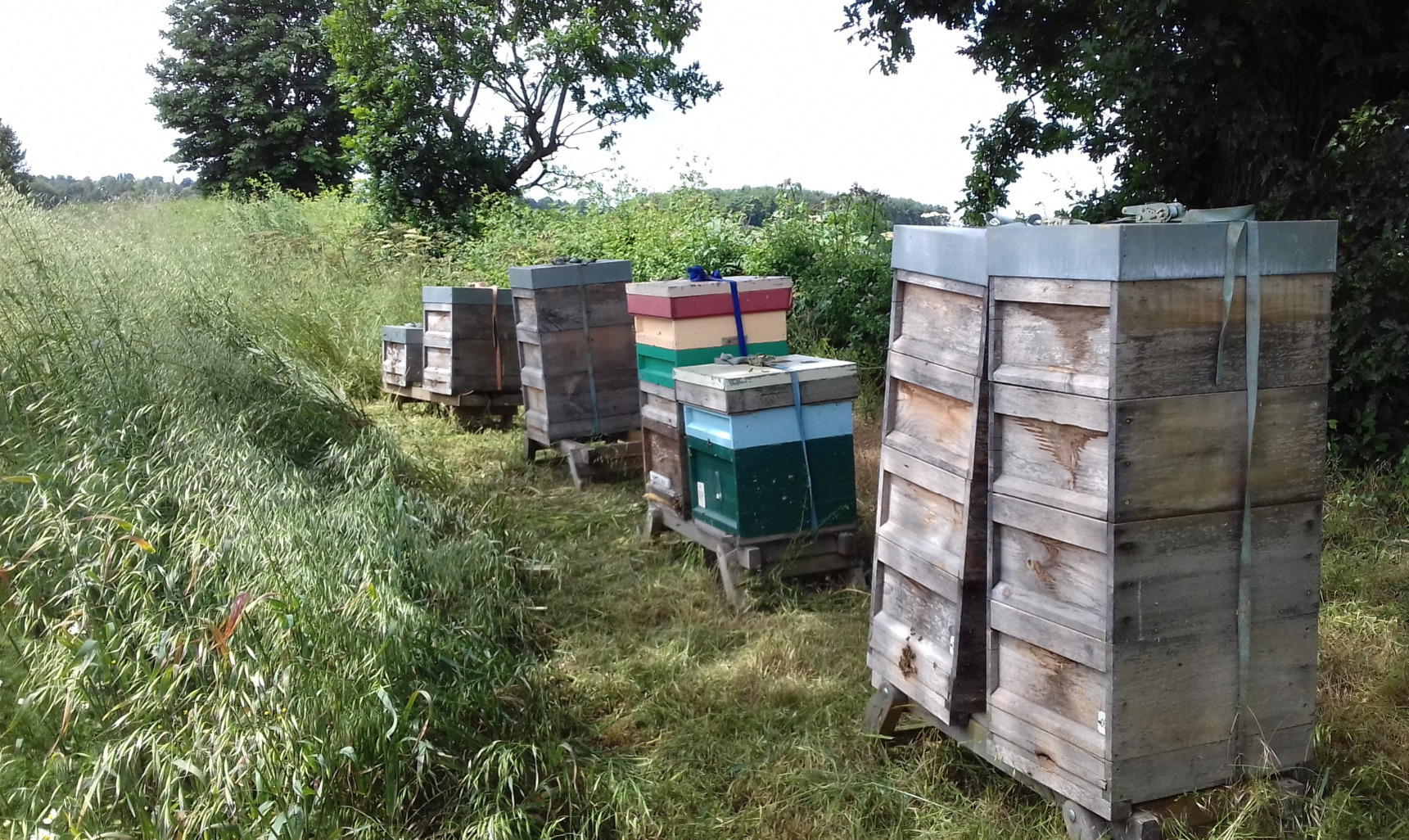
An apirary with Zander & 14x12 deep National Hives.

Premises
David took on his present, rented premises fairly soon after taking over Brother David’s stocks. These are within a complex of buildings on a local farm. The landlord’s mother used to keep bees and, as a result, she is supportive of David’s activities. He had just sold off the farm’s cows, leaving the old milking parlour and dairy redundant. However, they were ideally suited to adaptation for honey extraction and processing. Current rental costs are circa £300/month plus VAT. In addition to the core facility, David has covered storage in other buildings. This is due to be consolidated in one location, adjacent to the extraction and processing room, before the new season.
Business Model
While involved in the research studies, David’s thoughts had moved away from bulk honey production; it was clear to him he would not make a lot of money without a lot of colonies. In addition, he was cautious of placing all his eggs in one basket, preferring to spread his risk. His business model has changed and developed naturally. With increased public interest in bees, he was finding he was being asked to attend events to promote bees and beekeeping – canal boat and traction rallies, etc. This led to requests to speak at events and to run courses and training events for new beekeepers. He thus began to view the honey as a marketing tool as well as income and developed his recognisable brand. His tagline: ‘It's all about the bees’ engages the public and promotes the environmental credentials of the business.
With interest and involvement in the Slow Food movement, David saw an opportunity to align his activities with the values and ethics of potential customers. Course income is now an important part of income diversification. Initially viewed as a winter activity, David now runs courses, too, at the height of the season, with almost 50 participants this past year. His list of complementary business activities now consists of:
Presentations to various groups – Womens’ Institute (WI), children, others with environmental interests
Courses – individuals and corporate groups
Sales of nuclei (to beginners)
Agent for beekeeping equipment and consumable supplies
Children’s activities
Corporate hive management; this includes teaching and mentoring, in addition to colony management
Apiary visits and experience days
Honey is sold wholesale (jars) to delicatessens; larger amounts (in units of 2 kg) are sold as a food ingredient to chefs and other artisan/Slow Food producers
Honey sales via the Internet
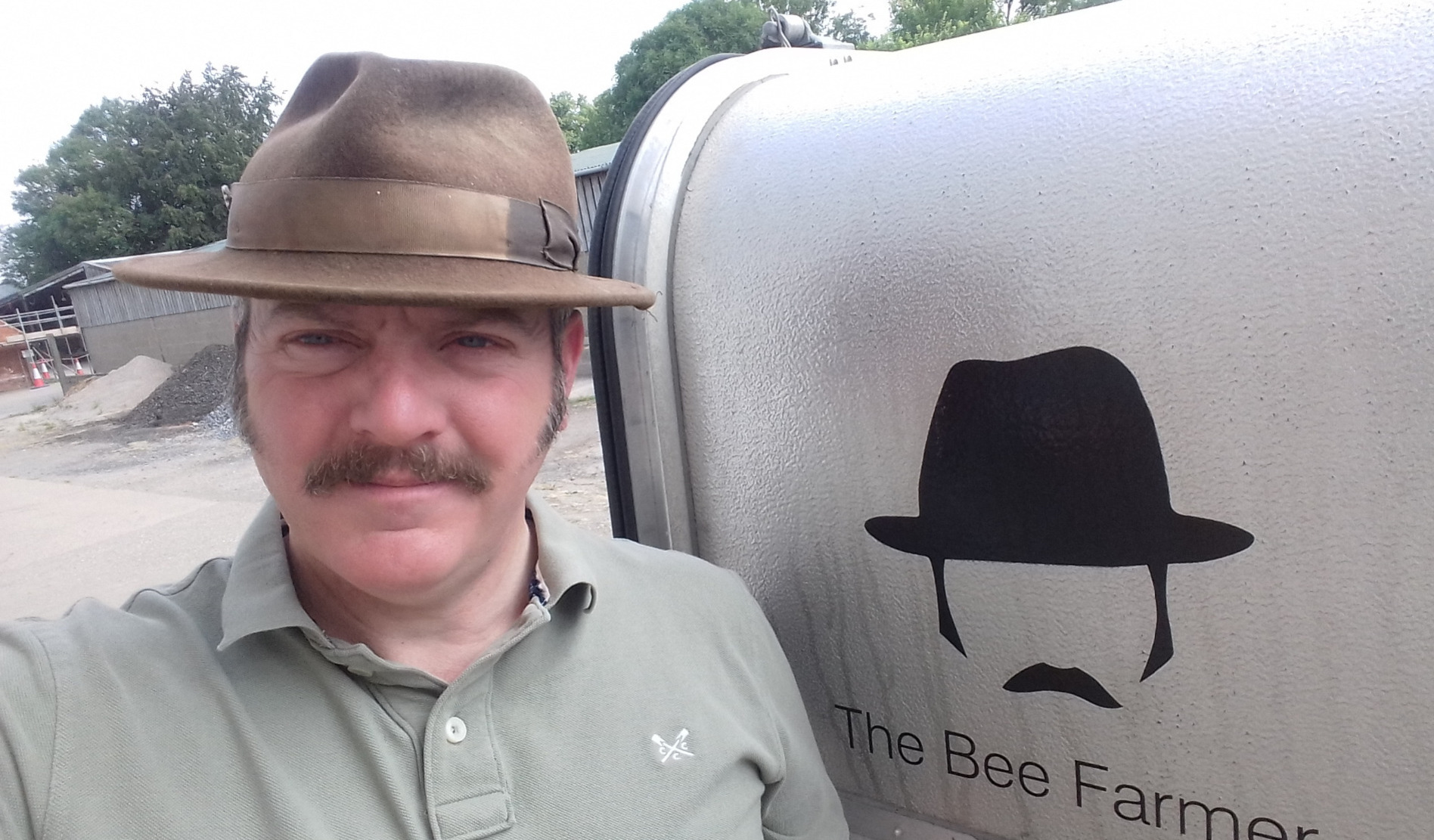
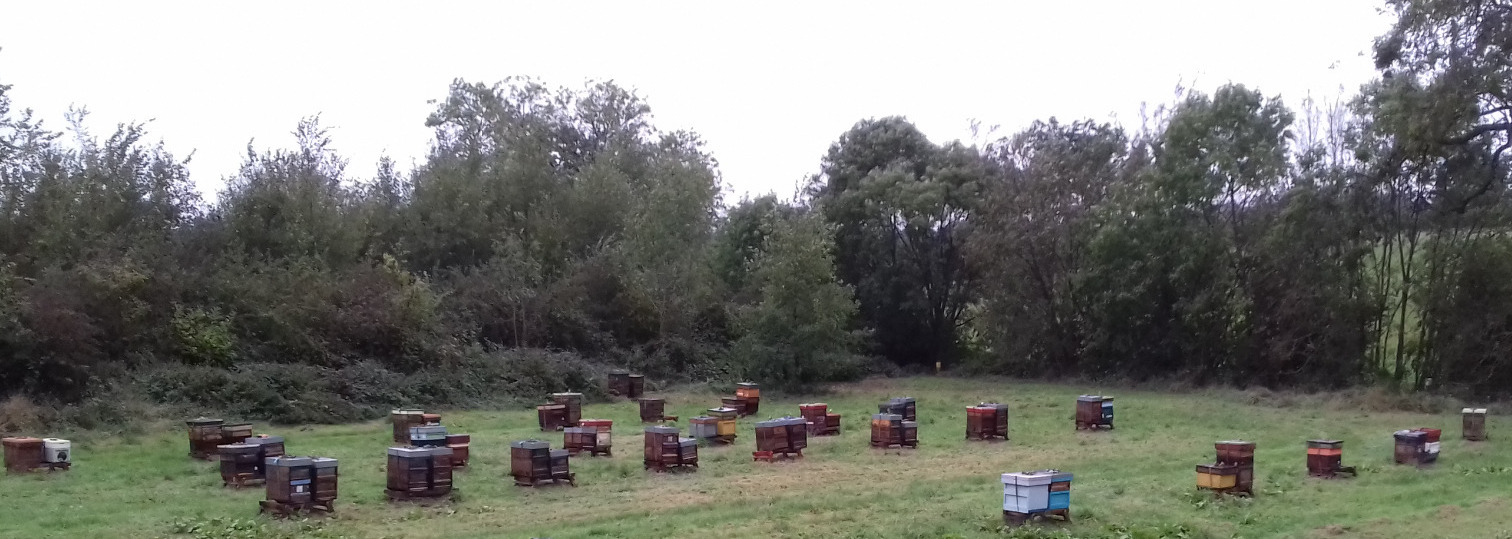
Online Presence
David’s website is an important vehicle to promote business activities. It also enables pre-selling of events and courses, and gift certificates. Social media is also integral to his strategy. It is a comparatively cheap method of marketing and for sharing information and knowledge.
Proof of Concept Stage
David views the business as being at proof of concept stage – ie, he has worked out what does and does not work for him and the context in which he operates. For example, he used to produce more wax products but finds they offer insufficient profit, so is cutting back on them. That said, his ‘Pad Balm’ (hand cream for dogs) sells well as it is unusual. Quirkiness is a thread that runs through the business – unusual can be more memorable.
Training offers the potential for significant upsales – of bees, equipment, etc. A monthly ‘beer and bees’ night maintains contact with past trainees and he runs a closed Facebook group for alumni. This access to a peer support network adds value to the basic course costs. Located on the borders of five counties, David’s training activities do not directly compete with the local amateur associations which are more centrally located in each county. To extend the training offer, David has recently become one of the pilot centres offering the BFA Diploma of Excellence in Bee Farming qualification and short-course professional development for those already within the industry
Use of Time
It has also taken time for David to work out what activities he does and does not like to spend his time on, in addition to what is profitable. He does not consider time making frames and boxes as time well spent. He enjoys variety and interaction with others through training, etc. He may look to develop a local producer cooperative, packing others’ honey under an umbrella brand.
Beekeeping Approach
David noted that the German influence during research activities influenced his thinking with regards to his own beekeeping. For example, he now uses a ‘cassette’ system of swarm prevention (swapping several frames of sealed brood from below the queen excluder with combs of empty cells from above on a cyclical basis). He also prefers to use larger boxes, ‘doubles’ [double brood] and to limit use of queen excluders in hives. He also likes to hear others’ ideas and points of view, and will take bits of information and repurpose these within his own system. His beekeeping cycle begins in the autumn with a total of 15 kg of syrup fed to each colony over three occasions. Formic acid-based varroa treatment is applied. This was something Brother David was doing and also used in the research studies (German standard practice). He finds this treatment to work well. It has high efficacy (penetrating capped brood cells), is quickly deployed, is a ‘soft’ chemical and there is no waste (plastic strips) on completion of treatment. It is also inexpensive.
In December or early January, an oxalic acid-based treatment is applied using the trickle method and a sheep drench-type applicator. Fondant (1 kg) is also given to each hive. In mid-to-late Ferbuary, a further 1 kg of fondant is given, along with half a pack of pollen substitute in pre-prepred pollen patty form (on advice from a fellow bee farmer). The hives are moved from their winter quarters in March (bees are all overwintered on one site). This makes winter checks (eg, for storm damage) simpler. Colonies are moved in groups of eight (a truck load) or 16 (a trailer load) to oilseed rape (OSR) sites, selected from about 20 possible locations. Once the OSR is over, those bees where there are no beans are moved to suitable summer sites. Others stay put if there are beans within flying distance. The OSR honey is extracted. Colonies are then moved on to several estates for the limes and pasture flowers during July and August. Some are also moved to pumpkins. Inspections are on a seven-day cycle. Swarm prevention consists of ‘striping’ the colonies, replacing sealed brood with foundation and relocating the displaced combs above a queen excluder. This gives production colonies with lots of bees, though as already noted, David is not a fan of excluders, preferring to give the bees sufficient space. If swarm preparations are noted, then a queenless nucleus (with cell(s) is taken.
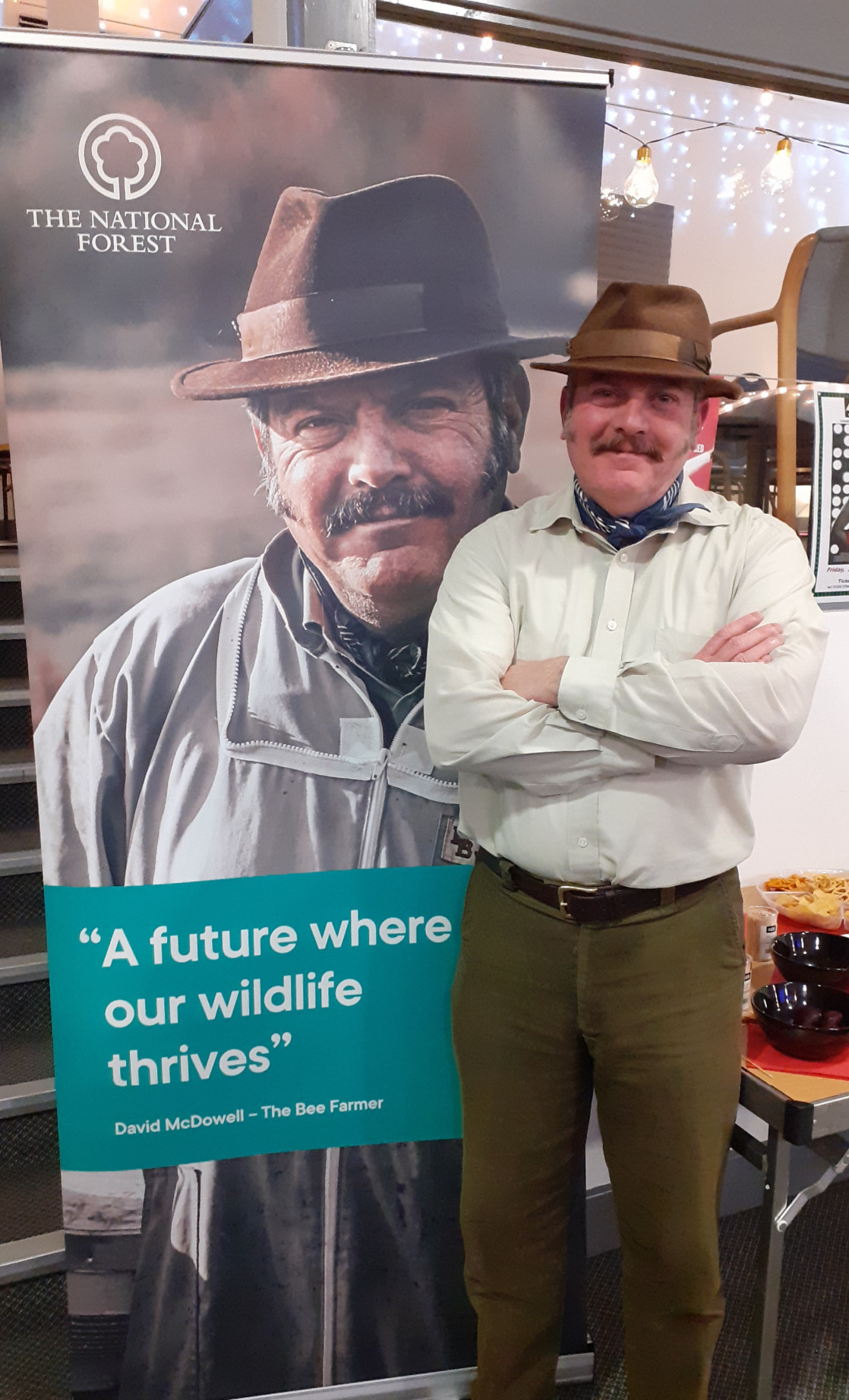
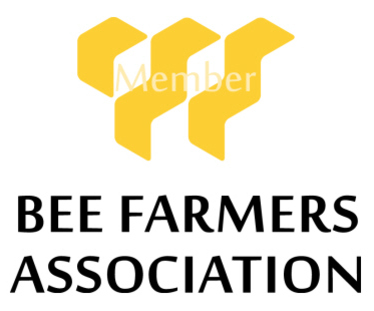
Genetics
David’s bees are generally of the local type, though he is looking at buying in some queens reared elsewhere in the United Kingdom (UK) to refresh his stock. He feels his bees are of good temper and are reasonably prolific honey producers. In September, once the school holidays are over, David takes the summer crop and then leaves colonies to supplement stores with Himalayan balsam and ivy.
Contact David for further information at info@thebeefarmer.co.uk
Why not join The Bee Farmer's mailing list for advance notice of events and promotions?
Click HERE to join
Thanks to Alex Ellis and BFA for this case study.
Share this post:







